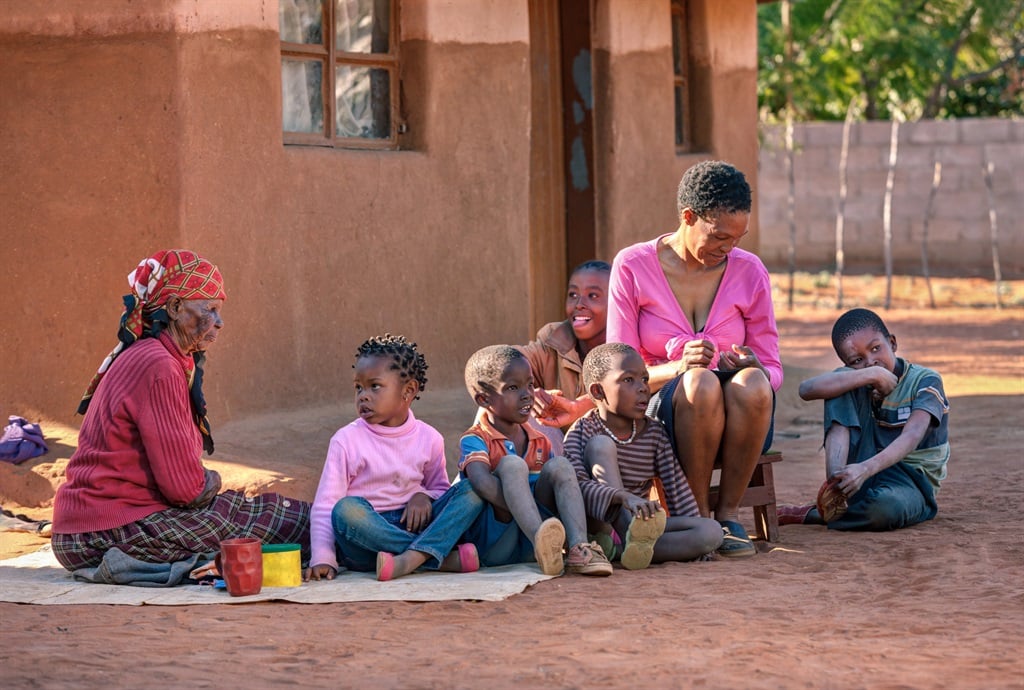
The 1913 Native Land Act not only caused enormous suffering and poverty to African people but it also eroded family values among the African people. It directly gave birth to the migrant labour system which saw a geographic disruption in African families.
Sol Plaatje, the first secretary-general and founder member of the South African Native National Congress which became the African National Congress wrote: “As a result of the passing of the Natives Land Act groups of natives are seen in the different provinces seeking for new land. They have crossed over from the Free State into Natal into the Transvaal and from the Transvaal into British Bechunaland (Native Life in South Africa, p 99).”
The migrant labour system resulted in fatherless homes as fathers were in the city working in low-paying jobs and only returning home once a year. The architects of apartheid made sure taverns were easily accessible to these migrant workers. This resulted in these men spending all their money in those taverns as a way of de-stressing because of the frustrating and appalling conditions they worked in rather than sending money home.
Fast forward a hundred years since the implementation of the Land Act: In 2013 the South African Institute of Race Relations revealed that only 33% of children in South Africa live with both parents. A large percentage of these children are raised by single mothers and are most likely to be poor and black.
Today’s economic climate demands both men and women work to supplement the incomes, so many black women leave their hometowns in search of better prospects in the city. These young women find themselves raising their children in cities, alone, which contradicts the African saying: it takes a village to raise a child.
In many cases these young women are single mothers who receive no help from their baby’s father. These women are forced to take multiple low-paying jobs just to stay afloat. They miss out on the most crucial time to form a bond with their baby. With the pressure of motherhood and work there has been a significant rise in postnatal depression – mothers feel alone anxious and tired, and struggle to bond and nature their offspring.
Studies have shown that babies of mothers with postnatal depression may be significantly and negatively impacted because of its effect on the quality of the parent-child relationship.
The design of African culture and way of living was very scientific even though it was never documented. A new mother used to stay with her mother, aunts and grandmothers to help her take care of the new baby and share the responsibility of raising the child.
In 1943 psychologist Abraham Marlow in his hierarchy of human needs described love and a sense of belonging as one of the basic human needs. In fact he stated that after food and shelter the next most important need was a sense of belonging. The African culture has also prided itself with the values of ubuntu and humility.
African people have always chosen moving together as people with one vision over pace.
The legacy of 1913 Land Act, together with apartheid is a damaged African family structure. Family is the basic unit in society. Societies are the extension of families. To correct social ills in society one would have to start correcting social ills in families. A damaged family structure leaves millions of children who grow up to be men and women with no sense of belonging. Now they are parents themselves but since they lacked role models when they were growing up they themselves do not understand their role in the family.
Anywhere in the world, poverty stricken areas are most likely to have fatherless homes. South Africa is no exception. Research has shown that children who grow up with an absent parent are most likely to develop a low self-esteem and poor self-image, making it harder for them to perform at school and later compete in the job market.
We cannot fight poverty without addressing the land issue because the two cannot be separated. With the land we want to build homes, businesses, schools, hospitals, farms and factories. For that we need a vibrant and dynamic society.
A dynamic society is not one without challenges but one where people have the will to face those challenges. Dynamic challenges are an extension of dynamic family.
The founding father of our democracy, the late Nelson Mandela, said: “Overcoming poverty is not a gesture of charity. It is an act of justice. It is the protection of a fundamental human right, the right to dignity and a decent life.”
• Yolanda Mhlungu works for a printing and branding company and is also studying communication science. She writes in her personal capacity.




 Publications
Publications
 Partners
Partners








